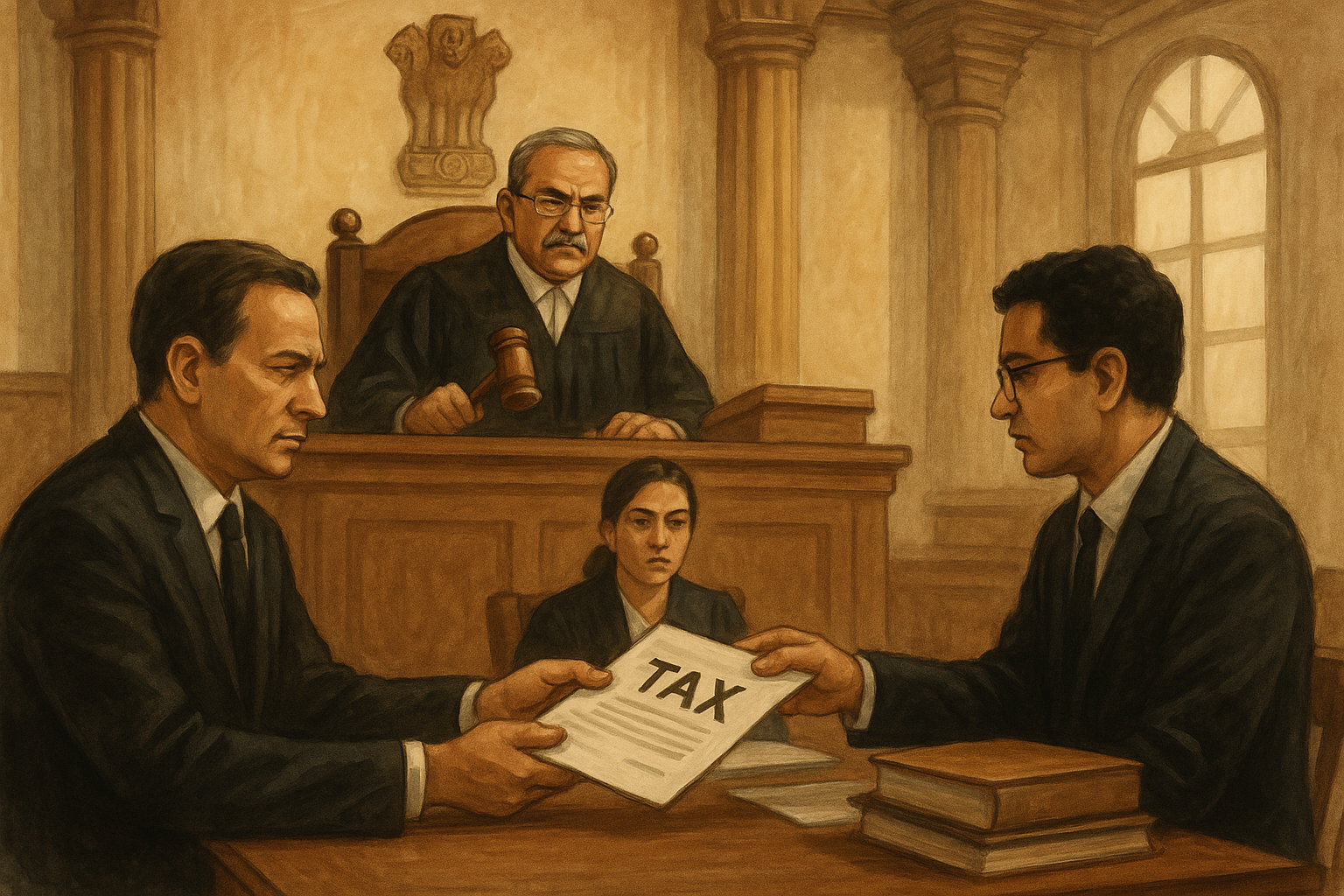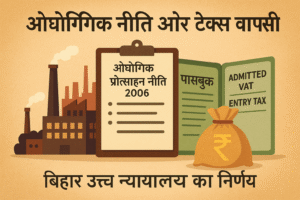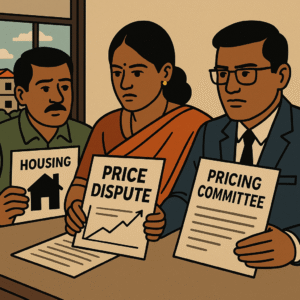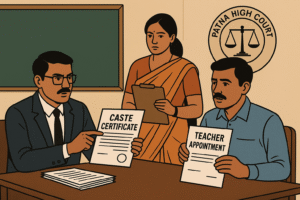Simplified Explanation of the Judgment
In this case, the petitioner, a major industrial unit engaged in sugar production, challenged multiple tax demands raised under the Bihar Entry Tax Act for the financial years 2006–07 and 2007–08. These demands were issued based on ex-parte assessment orders and were later upheld in a summary fashion by the Revisional Authority. The petitioner contested the legality of both the assessments and the underlying notifications prescribing the tax rates.
Originally, the petitioner also challenged the constitutional validity of the Bihar Entry of Goods into Local Area for Consumption, Use or Sale Therein (Amendment and Validation) Act, 2008. However, during the hearing, the petitioner chose not to press this issue. Therefore, the Court limited its judgment to the legality of the tax demands and the assessment process.
The petitioner argued that due to changes introduced by the 2007 amendment to the principal Entry Tax Act, earlier notifications prescribing tax rates stood repealed. Since the next notification specifying rates came only in July 2008, there was no valid rate in force for the period between August 29, 2006 and July 31, 2008. Hence, the demand for Entry Tax during this period was without authority.
The High Court rejected this argument by pointing to the “savings clause” in the amendment act, which explicitly preserved the validity of all previous actions, notifications, and assessments under the original Act. Citing precedents like State of Punjab v. Mohar Singh and Indore Development Authority v. Manoharlal, the Court reaffirmed that savings clauses are meant to ensure legal continuity despite statutory amendments.
Moving on, the Court examined the actual assessment orders and found them severely lacking:
- The assessments were passed ex-parte, without granting proper opportunity to the petitioner.
- The orders failed to explain how each item listed in the petition (ranging from boiler parts to plastic sheets) attracted Entry Tax.
- The Revisional Authority’s order was similarly vague and did not address any of the petitioner’s objections.
Highlighting that fiscal statutes must be strictly interpreted, the Court held that while taxpayers must pay their dues when lawfully liable, authorities must also follow due process and apply the law properly.
In conclusion, the Patna High Court quashed both the assessment and revision orders, and directed fresh proceedings to be initiated by the Assessing Officer, with due opportunity for the petitioner to present their case.
Significance or Implication of the Judgment
This ruling is a reaffirmation of procedural fairness in tax matters. It shows that while the state has the authority to collect taxes, it must follow legal procedures, especially when imposing significant financial liabilities.
For businesses operating in Bihar, particularly manufacturing units, this decision reinforces their right to be heard and to demand reasoned assessments. It also demonstrates that courts will not hesitate to intervene if tax authorities pass orders mechanically or arbitrarily.
For the government, this serves as a reminder that revenue collection must always align with statutory procedure and judicial scrutiny.
Legal Issue(s) Decided and the Court’s Decision with reasoning
- Was the Entry Tax assessment valid for the period 29.8.2006 to 31.7.2008 in absence of a fresh notification?
- Court’s Decision: Yes, the assessment was legally sustainable.
- Reasoning: The savings clause in the 2007 amendment preserved all earlier notifications, and tax liability continued based on those.
- Were the ex-parte assessment orders procedurally fair and legally sustainable?
- Court’s Decision: No.
- Reasoning: The Assessing Officer did not consider the nature of goods or objections raised. The Revisional Authority also failed to apply judicial mind.
- Was the taxpayer denied a fair hearing and due process?
- Court’s Decision: Yes.
- Reasoning: No proper opportunity was given. The orders lacked reasoning and failed to establish taxability of each item.
Judgments Referred by Parties (with citations)
- United Spirits Ltd. v. State of Bihar, 2008 BRLJ 239
- Indian Oil Corporation Ltd. v. State of Bihar, 2007 (1) PLJR 502
- Harinagar Sugar Mills Ltd. v. State of Bihar, (citation in Annexure-2)
Judgments Relied Upon or Cited by Court (with citations)
- State of Punjab v. Mohar Singh, (1955) 1 SCR 893
- Indore Development Authority v. Manoharlal, SLP (C) No. 9036-9038 of 2016
- BCCI v. Kochi Cricket Pvt. Ltd., (2018) 6 SCC 287
- Milkfood Ltd. v. GMC Ice Cream (P) Ltd., (2004) 7 SCC 288
- State of Odisha v. Anup Kumar Senapati, Civil Appeal No. 7395 of 2019
Case Title
M/S Bharat Sugar Mills v. State of Bihar & Ors.
Case Number
Civil Writ Jurisdiction Case No. 20131 of 2011
Citation(s)
2021(1)PLJR 166
Coram and Names of Judges
Hon’ble The Chief Justice Sanjay Karol
Hon’ble Mr. Justice S. Kumar
Names of Advocates and who they appeared for
- Mr. Y.V. Giri, Sr. Advocate – for the petitioner
- Mr. Ashish Giri, Advocate – for the petitioner
- Mr. Lalit Kishor, Advocate General – for the respondents
- Mr. Vikash Kumar, AC to AG – for the respondents
Link to Judgment
https://patnahighcourt.gov.in/viewjudgment/MTUjMjAxMzEjMjAxMSMxI04=-lg0B4Qr0GsE=
If you found this explanation helpful and wish to stay informed about how legal developments may affect your rights in Bihar, you may consider following Samvida Law Associates for more updates.








